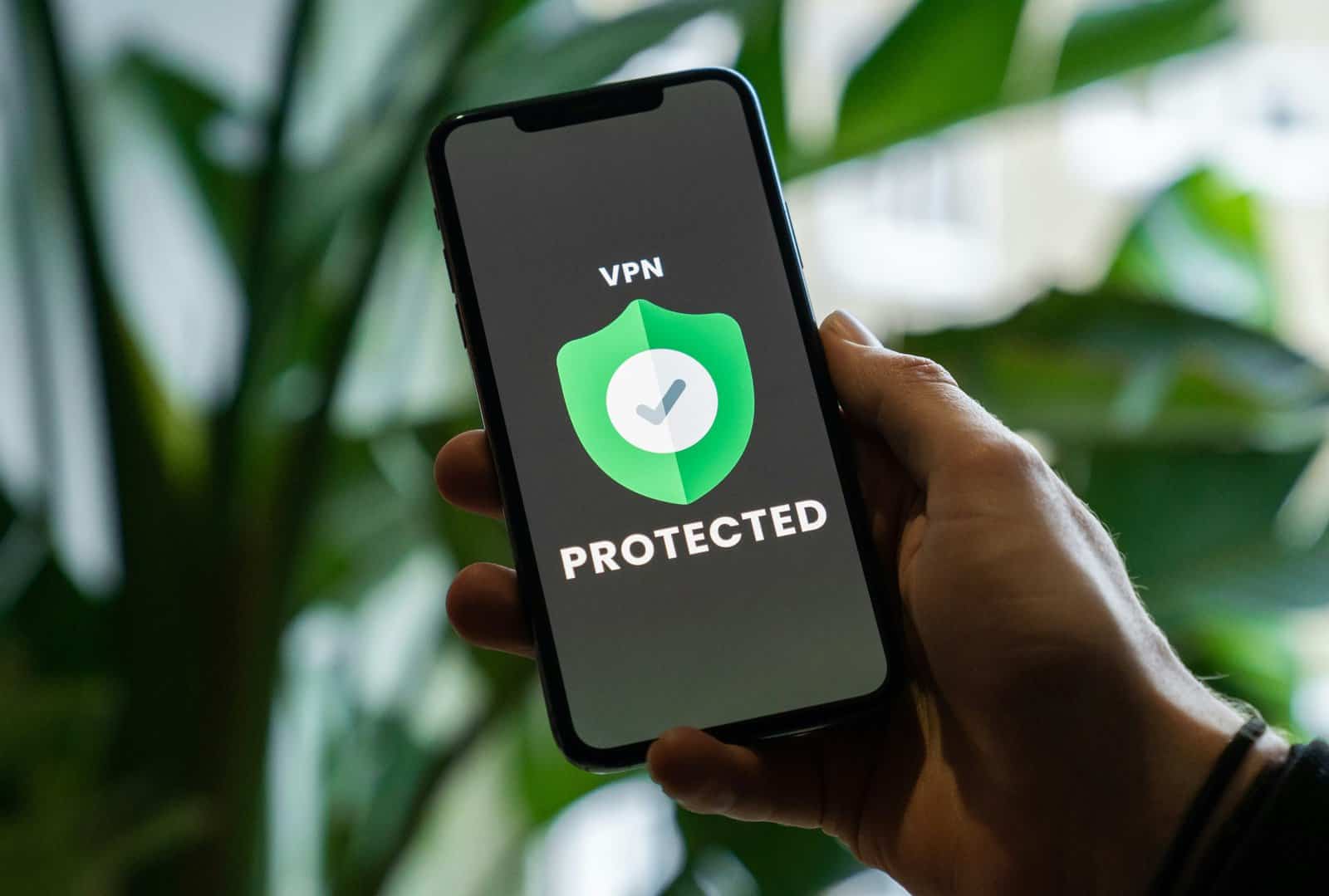VPNs are a vital tool for anyone concerned about digital security and privacy. A good VPN can encrypt data to keep hackers and the government out of your private information.
While VPNs are excellent at protecting privacy, they come with a cost: slower internet speeds. Your data must travel to and from a remote server to be encrypted.

Enable Automatic Start-Up
So how to use a VPN? Ensure your users have an easy experience with your VPN service by enabling automatic start-up. The feature allows the VPN client to connect whenever users open the app, so they don’t have to start it manually. This option also makes it easier for employees to use public Wi-Fi networks without fear of data breaches or other security threats.
To enable this feature, you must add the following host entries to the VPN profile:
Connection Profile Name–Assign a name for the connection. It can be up to 50 characters in length. Server List–Add a hostname or address pair for the secure gateways your users will connect to. The host entry can be an alias, an FQDN, or an IP address. If you add an IP address, you must also include the tunnel mode and port number.
Trusted Network Detection–Enable this feature to allow VPN to automatically disconnect the connection when the client enters a trusted network and reconnect the connection when the client exits an untrusted network.
To enable TND, you must configure an associated group policy with a single management tunnel group configured with certificate authentication and a management VPN profile with a single host entry for the tunnel group. For a consistent experience, load the same TND settings in both the user tunnel and management tunnel profiles.
Connect to the Nearest Server
Many VPN services offer a wide range of server locations, allowing users to bypass geoblocking and experience content in different countries. However, the location of a server can also affect internet speed and connectivity. Choosing one closer to home means your data won’t have to travel as far, which could result in faster connections.
To determine the best server for your needs, you should identify how you plan to use your VPN. For example, if you’re trying to watch a live stream or play an online game, you should opt for a server close to your city to enjoy optimal speeds.
A vast server network is also ideal if you want to access online content that’s restricted in your country. By connecting to a server in a different country, you can circumvent geographic restrictions without violating your content provider’s terms of service.
It’s important to remember that some servers are more popular than others, which can cause performance issues. When this happens, it’s a good idea to switch to a different server location until the load subsides. Some VPN apps show the current server load either in-app or on a website, which can be useful for finding the best option quickly. This feature works well if you’re in a hurry and need more time to experiment with different server locations.
Opt for Strong Encryption Protocols
Many VPNs use encryption protocols to protect data transmitted over the network. However, not all protocols are created equal and can leave your connection vulnerable to hackers and eavesdroppers. For maximum privacy, look for providers that offer robust security features such as AES 256-bit encryption and support secure protocols.
These protocols encrypt the data, and only someone with the key can decrypt it, providing an extra layer of security that prevents unscrupulous individuals from stealing personal or business information. It would help if you also looked for providers that offer a variety of server locations and a customizable protocol selection to ensure you’re getting the best possible performance.
Choosing the right VPN protocol can also significantly improve your experience by minimizing latency. For example, when Bob in Oregon sends a request to a web server in Texas, it takes some time for the request to travel over the Internet and reach the web server. This extra travel time can result in a noticeable delay in browsing and other online activities.
Finally, consider a provider’s logging policy to protect your privacy. A reputable provider will offer no-logs policies and regularly conduct independent audits to confirm their claims, providing an added layer of trust. In addition, look for a provider that offers user-friendly apps for a wide range of devices and provides 24/7 customer support to save you time and frustration.

Use a Wired Connection
Using a VPN can be great for your digital privacy, but it can also be very slow. Fortunately, there are some steps you can take to improve your VPN speed without having to sacrifice your privacy or your digital experience.
Connecting over a wired connection is often faster than connecting through Wi-Fi. This is because wireless connections share a channel with multiple devices, which can cause latency. In contrast, a wired connection will bypass any interference and give you a much more stable and reliable connection that will help speed up your VPN speeds.
Another tip that can significantly improve your VPN speeds is choosing a server location close to your own. Data packets that travel long distances have to pass through more than just your local network, which can cause a significant decrease in speed. You can switch between different servers until you find one that offers the best balance of speed and stability.
Finally, if you’re experiencing sluggish VPN speeds, it could be due to your internet connection. Running a speed test can help you determine whether the problem is with your network or VPN. If the results are below what you expect, it may be time to try a new ISP or reboot your router. You can also consider temporarily turning off your local security software to see if that helps.